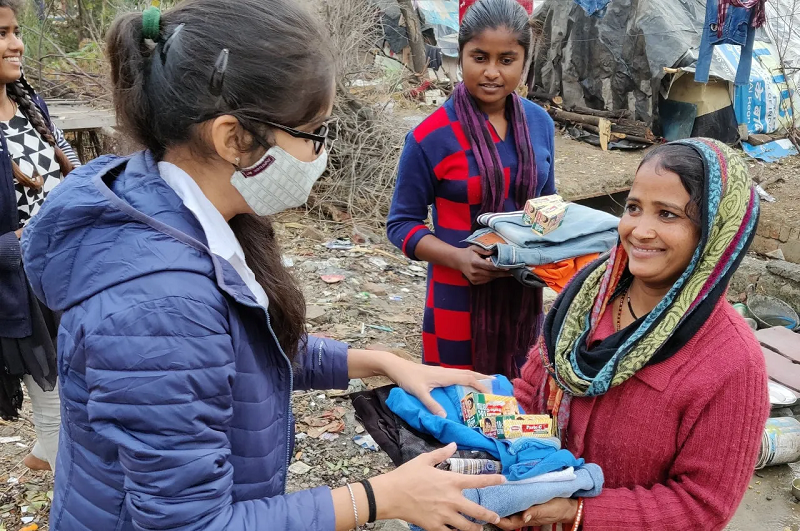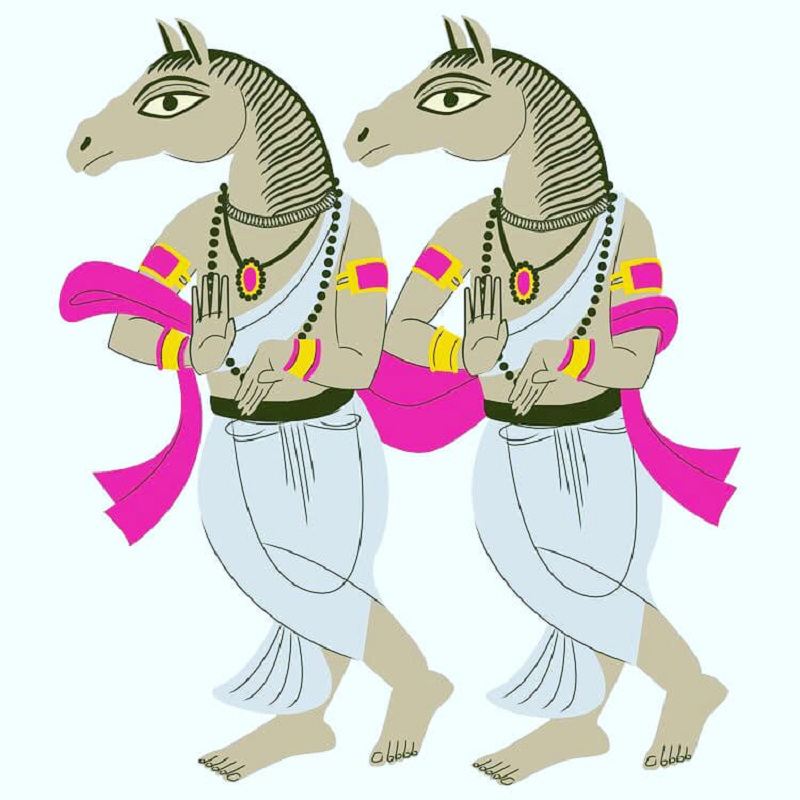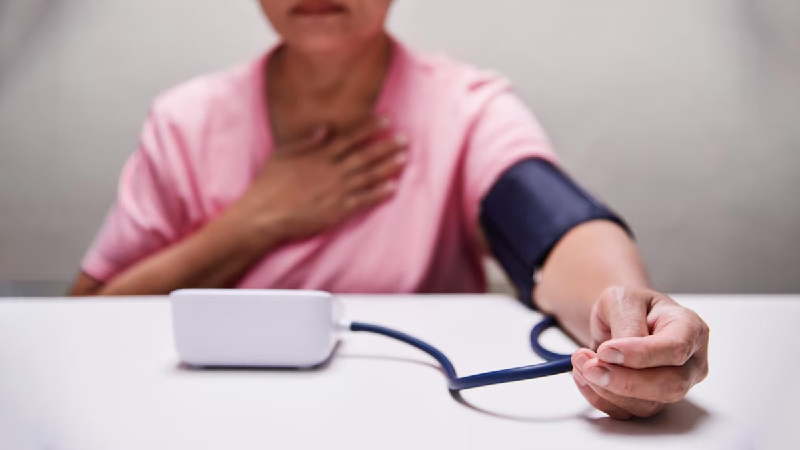Vitamin B12 is an essential nutrient needed for many vital functions, including red blood cell production, nerve function, and cell division. Therefore, it is important to take vitamin B12 regularly through diet. If there is vitamin B12 deficiency in the body, then we start getting various types of symptoms.
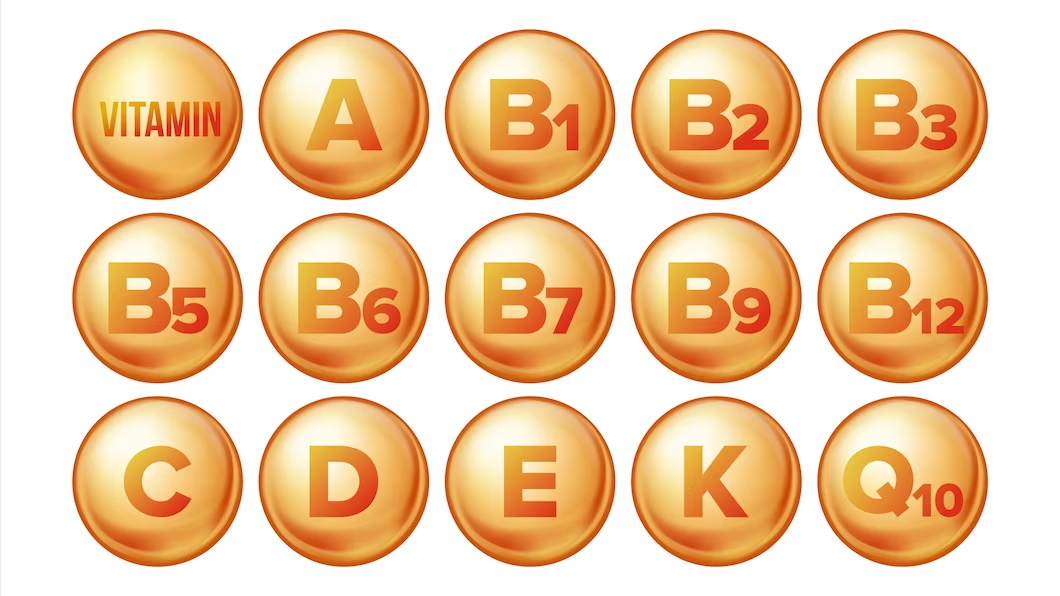
Some common symptoms of vitamin B12 deficiency are also seen in hands and feet. These include tingling, numbness, weakness, and swelling in hands and feet. These symptoms are usually experienced while breathing and while walking. Due to a deficiency of Vitamin B12, the production of red blood cells in the body decreases, which causes swelling in the hands and feet.
Other symptoms of vitamin B12 deficiency
- General tiredness with fatigue and low energy
- Changes in psychological and emotional conditions, such as depression, sadness and sadness
- Confusion, loss of appetite and nausea
- Dizziness or fainting
- Digestive problems, such as diarrhea or constipation
- Hair loss
- Production of wrinkles
- Muscle loss in lactating women
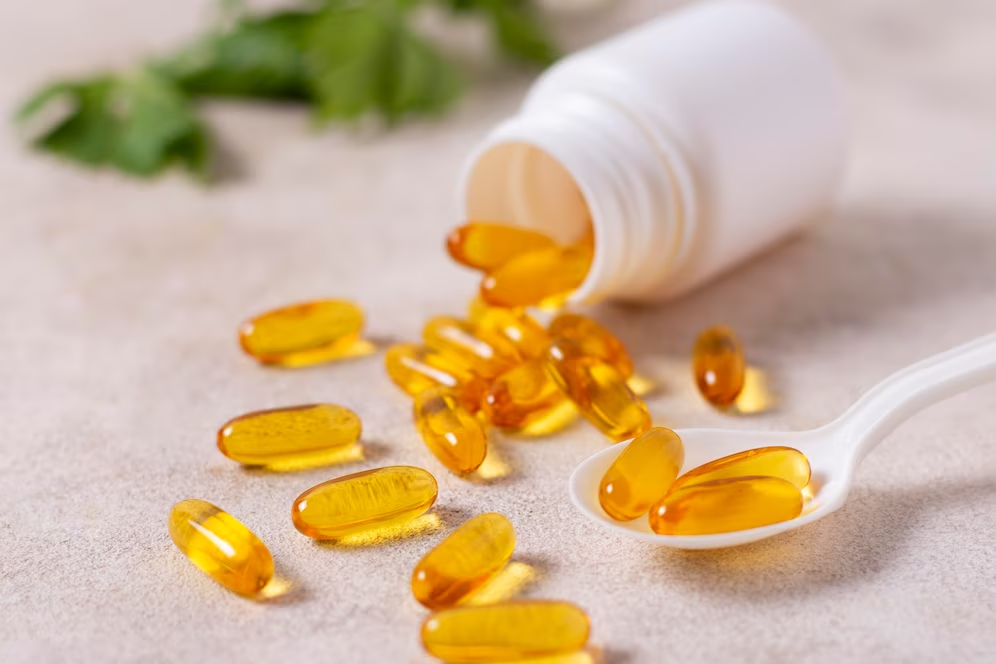
Food rich in Vitamin B12
Meat, fish, and eggs are among the best sources of vitamin B12, but there are some options available for vegetarians as well. As-
Tofu: Tofu is a soy product that is a good source of protein and vitamin B12. 100 grams of tofu contains about 2.4 mcg of vitamin B12, which is about 12 percent of the daily requirement.
Soy Beans: Soybeans are also a good source of Vitamin B12. 1 cup of soybeans contains about 1.5 mcg of vitamin B12, which is about 8 percent of the daily requirement.
Nuts and seeds: Some nuts and seeds are also a good source of vitamin B12. One ounce of almonds contains about 0.5 mcg of vitamin B12, which is about 3 percent of the daily requirement. A handful of peanuts contains about 0.4 mcg of vitamin B12, which is about 2 percent of the daily requirement.
Fermented foods: Some fermented foods, such as fermented soybeans and nuts, can also be a good source of vitamin B12. Apart from this, Vitamin B12 is also found in some fortified foods.
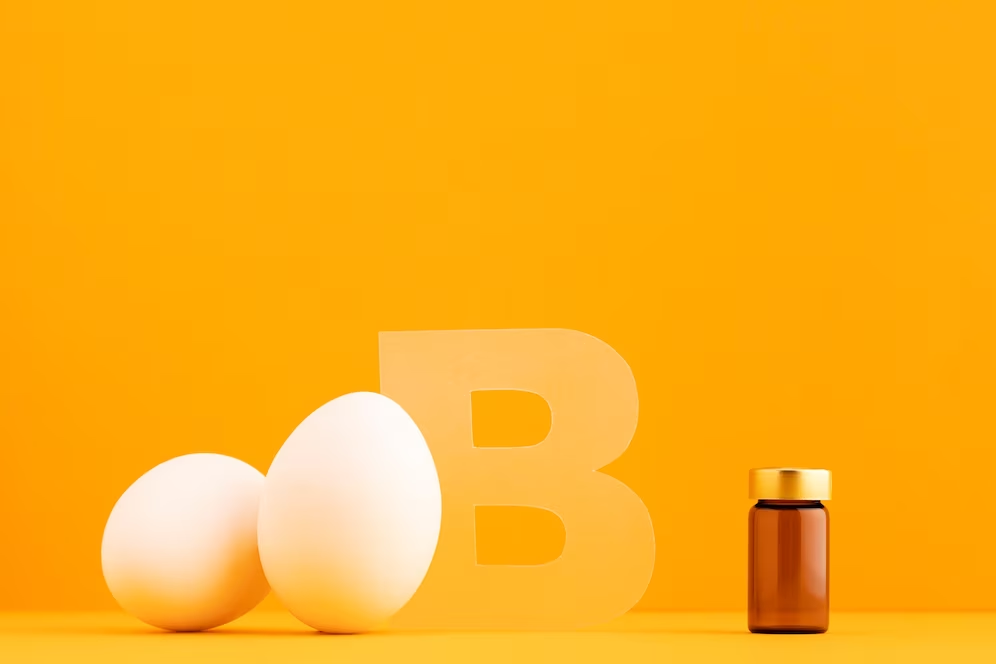
Milk and milk products: Milk, cheese, curd, ghee, etc. are also rich sources of Vitamin B12. 46 percent of the daily requirement can be met with one less milk.
(PC: Freepik)




